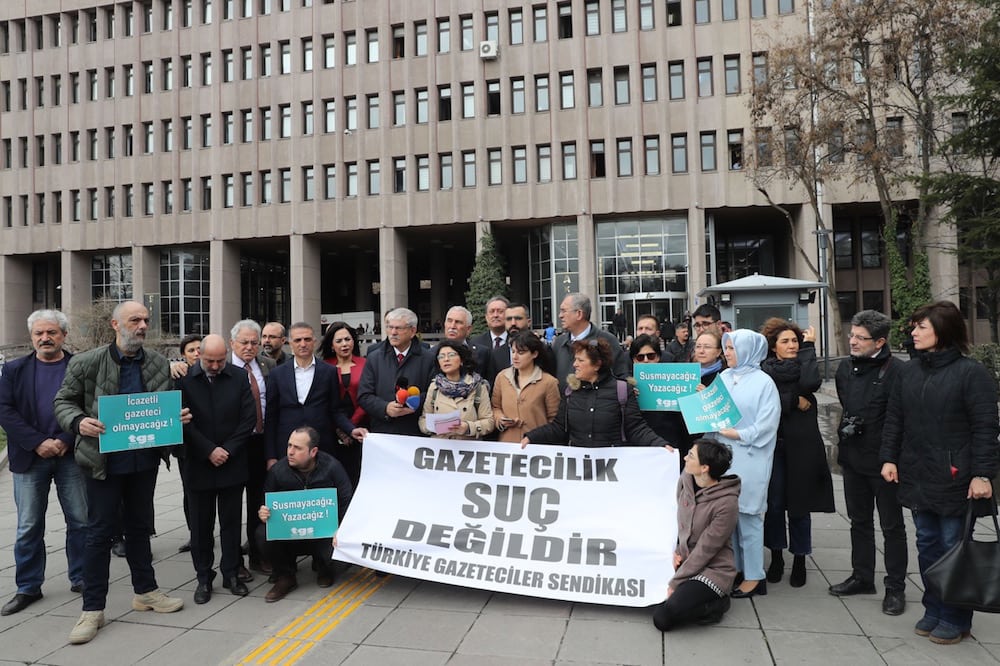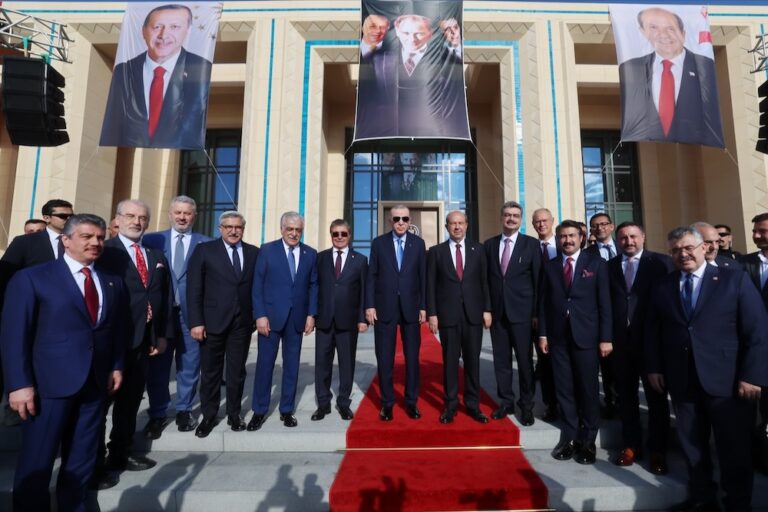Journalists Barış Pehlivan and Barış Terkoğlu co-authored "Metastaz-2: Cendere" ("Metastasis 2: The Press"), which examines the government, the judiciary, the 2016 coup attempt, and claims to reveal the infiltration of state institutions by religious sects.
This statement was originally published on bianet.org on 31 December 2020.
Click here to read the article in Turkish
The journalists claim to shed light on behind-the-scenes affairs concerning the government and the judiciary.
Journalists Barış Pehlivan and Barış Terkoğlu are facing up to 63 and 95 years in prison, respectively, over a book they co-authored.
The two journalists testified to four different prosecutors in 14 different investigations against them, OdaTV news site reported. All the criminal complaints against the journalists were filed by two attorneys, who are also mentioned in the book, according to the report.
Pehlivan is the editor-in-chief and Terkoğlu is the news manager of OdaTV. Both were previously remanded in custody between March to late June over a report about an intelligence officer’s killing in Libya.
The book they co-authored, “Metastaz-2: Cendere,” (Metastasis 2: The Press) was published at the start of December and is currently on the best-selling books list on several online book stores, including idefix, D&R and kitapyurdu.com.
The book touches on several “behind-the-scenes” issues concerning the government, judicial bureaucracy and the 2016 coup attempt and claims to reveal the infiltration of state institutions by some religious sects.
Ruşen Gültekin, the journalists’ attorney, said that they found out that there were 14 investigations only when they went to the İstanbul Press Crimes Investigation Bureau to testify in connection with two investigations.
“We have witnessed a historic day for press freedom,” OdaTV quoted him as saying. “We have also learned through a notice that reached us that there are eight compensation claims for spiritual damages.”
The attorney noted that the criminal complaints against them were in fact the same, which made freedom of the press “unexercisable”.



